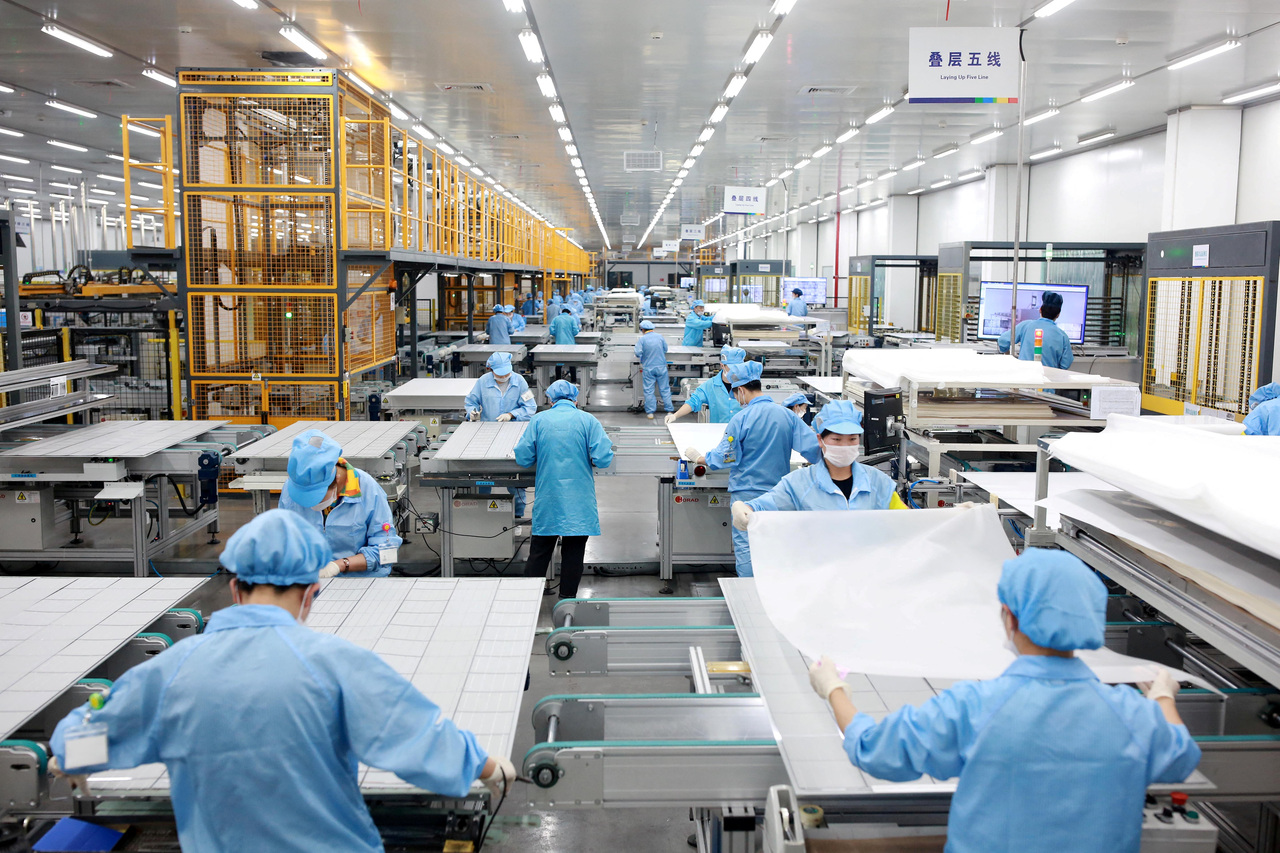China's June factory inflation cools, consumer prices accelerate
Sign up now: Get insights on Asia's fast-moving developments

The producer price index rose 6.1 per cent year-on-year after a 6.4 per cent rise in May.
PHOTO: REUTERS
Follow topic:
BEIJING (REUTERS) - China's factory-gate inflation cooled in June to the lowest in 15 months, as strict anti-Covid-19 measures hit demand and global recession fears triggered a sell-off in ferrous metals, while consumer inflation rose to the highest in nearly two years.
The producer price index rose 6.1 per cent year on year, the National Bureau of Statistics said on Saturday (July 9), after a 6.4 per cent rise in May. This was a faster rate than expectations of 6 per cent growth tipped in a Reuters poll.
The consumer price index (CPI) increased 2.5 per cent from a year earlier, widening from a 2.1 per cent gain in May and the highest in 23 months. In a Reuters poll, the CPI was expected to rise 2.4 per cent.
The CPI stayed flat month on month, after the 0.2 per cent drop in May, beating the 0.1 per cent decline in a Reuters poll.
The world's second-biggest economy has showed some signs of recovery in recent months after a sharp Covid-19-induced slump, although headwinds to growth persist, including soft consumer spending and worries of any recurring waves of infections.
Covid-19 lockdowns were lifted in Shanghai and some other larger cities in June, but some areas have recently reported flare-ups in cases, which could slow or even stymie a recovery.
China is planning to set up a 500 billion yuan (S$104.4 billion) state infrastructure fund to revive the economy, two people with knowledge of the matter have told Reuters.
Producer inflation has cooled this year after it registered a 26-year high in October because of a hike in raw material prices.
This contrasts sharply with soaring global inflation that has prompted major central banks in the rest of the world to raise interest rates.
In late June, People's Bank of China governor Yi Gang pledged to keep monetary policy accommodative to support an economic recovery.
The pickup in consumer inflation follows a surge in pork prices and adds to pressure on the country's policymakers to implement further supportive monetary policy, though the rates is still below the government target of an around 3 per cent rise.

